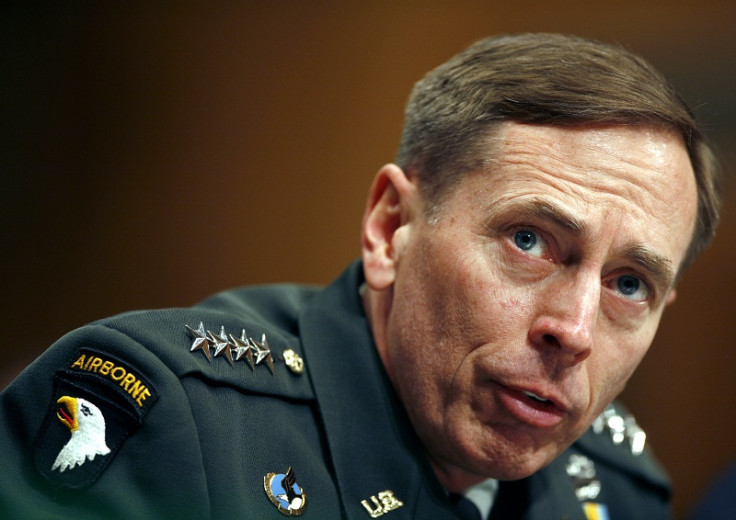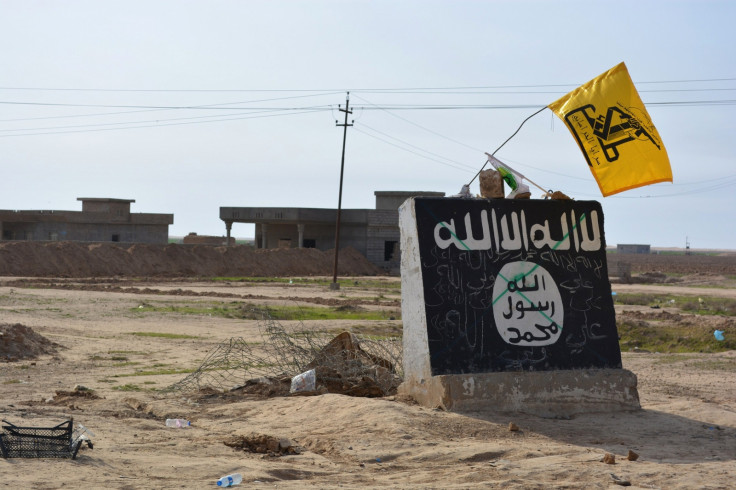Iran-backed Shi'ite militia pose biggest threat to Iraq not Isis, warns ex-CIA boss

The biggest threat to Iraq's long-term stability does not come from Islamic State (Isis), but from Iran-backed Shi'ite militias fighting the Sunni extremists, former US general and CIA boss David Patraeus said this week.
The militia recently played a key role in ousting Isis from Tikrit, Saddam Hussein's birthplace, fighting alongside Iraqi government forces, and have also fought in Syria, alongside the army of Tehran-backed dictator Bashar al Assad.
Patraeus, the architect of the US "surge" during the Iraq War, said that the actions of the militias risked alienating Iraq's Shi'ite community, with accusations that they had engaged in brutal reprisals against Sunni civilians in areas retaken from Isis.

"They have, to a degree, been both part of Iraq's salvation but also the most serious threat to the all-important effort of once again getting the Sunni Arab population in Iraq to feel that it has a stake in the success of Iraq rather than a stake in its failure," Petraeus told the Washington Post.
"Longer term, Iranian-backed Shia militia could emerge as the preeminent power in the country, one that is outside the control of the government and instead answerable to Tehran."
He warned that despite the US and Iran's shared opposition to Isis, "The current Iranian regime is not our ally in the Middle East. It is ultimately part of the problem, not the solution."
"The more the Iranians are seen to be dominating the region, the more it is going to inflame Sunni radicalism and fuel the rise of groups like the Islamic State," he said.
Patraeus, who is currently advising the US National Security on the Middle East, said that the instability in Syria, which he called a "geopolitical Chernobyl", must be urgently tackled.
"Until it is capped, it is going to continue to spew radioactive instability and extremist ideology over the entire region," said Petraeus, who also served as CIA director under President Obama.
"Any strategy to stabilise the region thus needs to take into account the challenges in both Iraq and Syria. It is not sufficient to say that we'll figure them out later."
Fighting the new 'caliphate'
Isis controls large areas of territory in Iraq and Syria, which it has declared a "caliphate".
Experts believe that that Isis' success is partly attributable to the discrimination suffered by Iraq's Sunni population when a Shi'ite dominated government took office in 2011, after the departure of the last US combat forces.
Under the Patraeus initiated 2007 surge, increased numbers of US troops were sent into Iraq, quelling escalating violence between Sunni and Shi'ite communities.
"The actions of the Iraqi prime minister [Nouri al Maliki] undid the major accomplishment of the Surge. [They] alienated the Iraqi Sunnis and once again created in the Sunni areas fertile fields for the planting of the seeds of extremism, essentially opening the door to the takeover of the Islamic State," he said.
Patraeus said that the withdrawal of US troops had created an impression that the US was "pulling back" from the Middle East, but emphasised that "there is a linkage between the internal conditions of countries in the Middle East and our own vital security interests."
"The perception in the region for the past few years has been that of the US on the wane, and our adversaries on the rise. I hope that we can begin to reverse that now," he said.
© Copyright IBTimes 2025. All rights reserved.





















